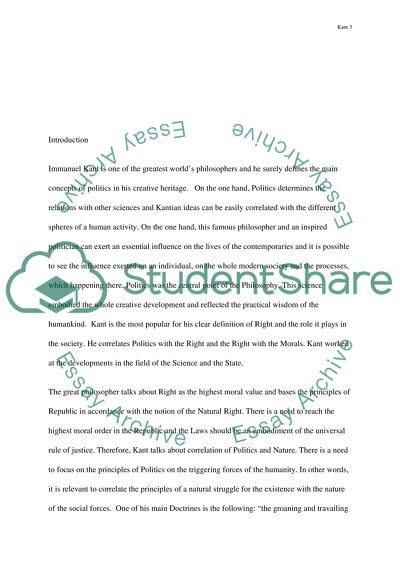Cite this document
(“Political Philosophy Essay Example | Topics and Well Written Essays - 3750 words”, n.d.)
Retrieved from https://studentshare.org/philosophy/1397786-political-philosophy
Retrieved from https://studentshare.org/philosophy/1397786-political-philosophy
(Political Philosophy Essay Example | Topics and Well Written Essays - 3750 Words)
https://studentshare.org/philosophy/1397786-political-philosophy.
https://studentshare.org/philosophy/1397786-political-philosophy.
“Political Philosophy Essay Example | Topics and Well Written Essays - 3750 Words”, n.d. https://studentshare.org/philosophy/1397786-political-philosophy.


